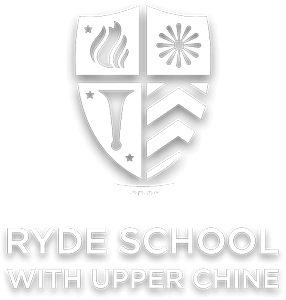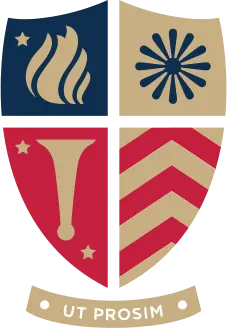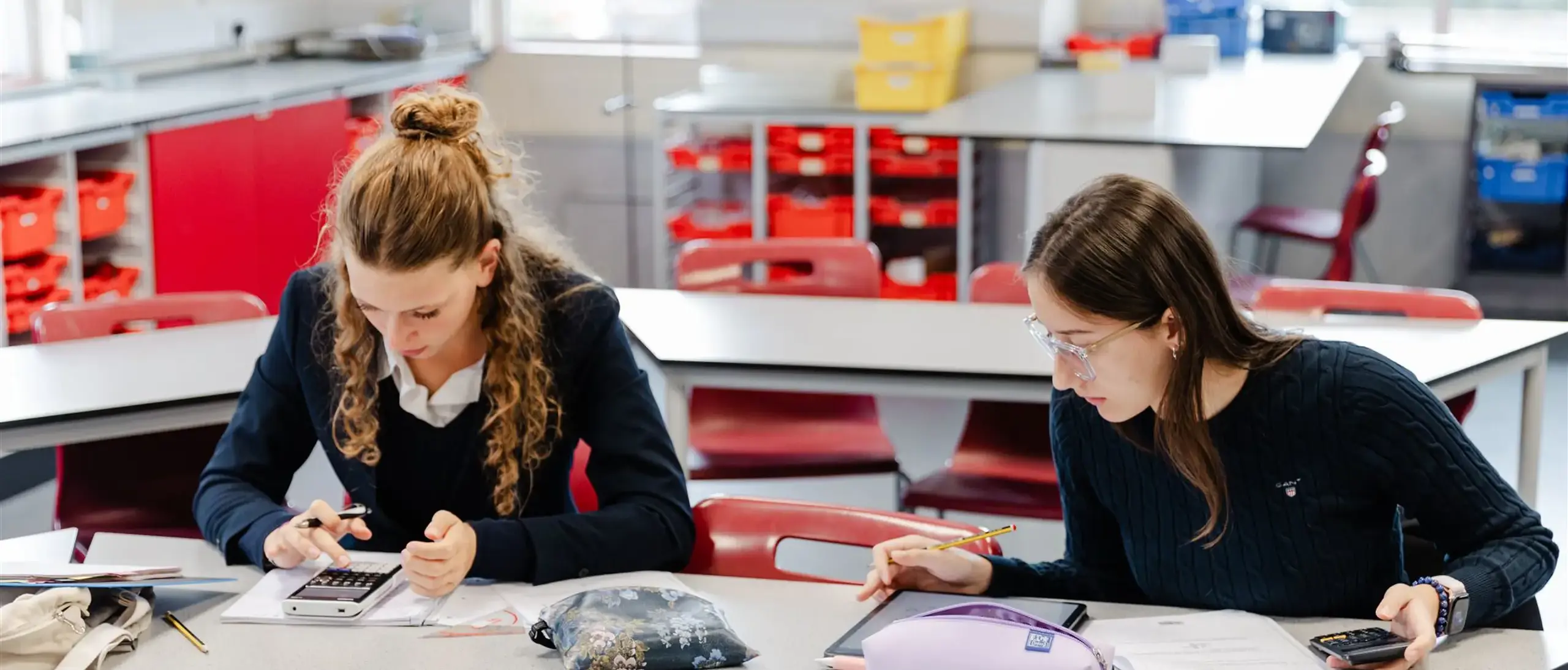- Home
- Sixth Form
- Courses at Sixth Form
- IB History
History provides identity, both individual and societal, and acts as a collective memory for the human race. History is the story of our lives and is intrinsically interesting and stimulating. If you are willing to read, think and form opinions of your own whilst considering and measuring the opinions of others you should study History.
ENTRY REQUIREMENTSGCSE History Grade 6. If you have not studied History at GCSE we will expect English Literature or Language at Grade 6. “The department offers both the support and guidance I need while also affording me the independence to pursue my own interests.” WHERE THIS SUBJECT CAN TAKE YOUOne criticism made of History is a lack of value in the jobs market. This is unfair, ask the many bankers, management consultants and analysts in the city with History degrees, the skills acquired studying History are valued in many careers. As effective writers and communicators, many History graduates become journalists, authors and editors. Being able to organise and manage information has led many to become outstanding researchers, librarians and information managers. Others complete further study to become lawyers, diplomats and public officials. Politics is another career path for historians, some of whom have risen to high office. HISTORY 25 COURSE CONTENT/STRUCTUREPaper 1 - Rights and Protest (SL & HL)
Paper 2 - The Twentieth Century World (SL & HL)
Paper 3 - The History of Europe (HL)
Internal Assessment on topic of the candidates choosing ASSESSMENT Paper 1: Source Analysis 1hr (30%) |











